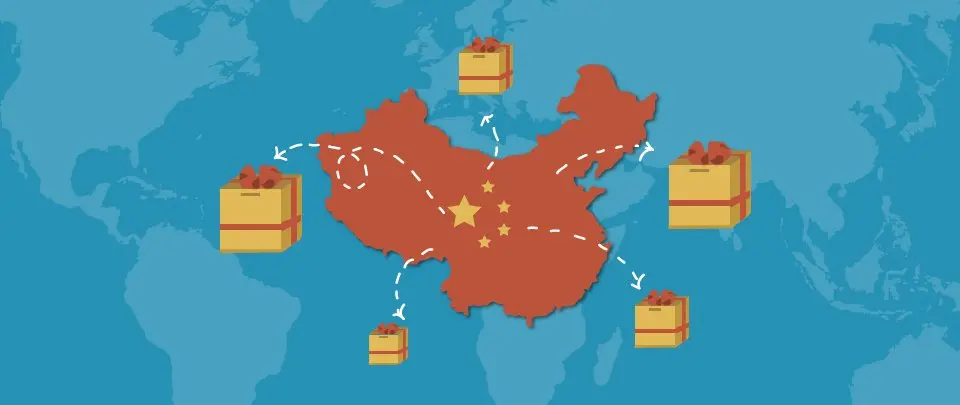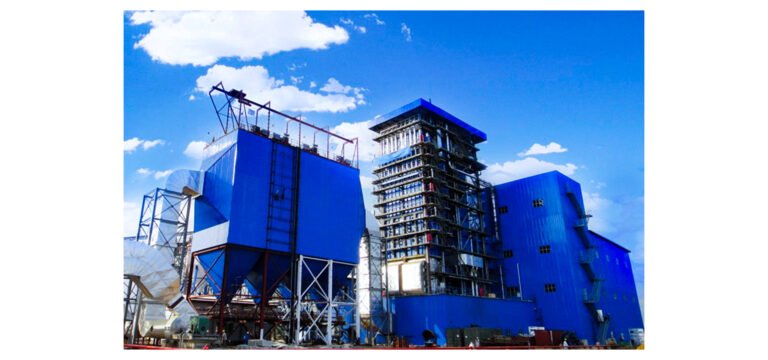Choosing the right freight forwarder in China is one of the most important decisions you can make if your business relies on international shipping. China is a global manufacturing powerhouse, and finding a reliable logistics partner can dramatically impact your supply chain efficiency, shipping costs, and delivery timelines. With thousands of freight forwarders operating within China, each offering different services and expertise, making the right choice can feel overwhelming. This guide will walk you through everything you need to know to select the best freight forwarder in China for your specific business needs.
Understand What a Freight Forwarder in China Does
Before diving into how to choose one, it’s essential to understand what a freight forwarder in China actually does. They are third-party logistics providers who help companies manage the transportation of goods from one destination to another. They don’t physically move the goods themselves, but they coordinate with carriers, handle documentation, ensure customs compliance, and often provide additional services like cargo insurance, warehousing, and inventory management. A good freight forwarder in China will have a strong network of domestic and international partners to streamline the shipping process.
Define Your Shipping Needs
Every business has unique logistics needs. Before choosing a freight forwarder in China, assess your company’s shipping requirements. Ask yourself: what kind of products do you import or export? Are they fragile, bulky, or time-sensitive? How often do you ship? What is your monthly volume? Do you need sea freight, air freight, or rail options? Are you looking for door-to-door delivery or port-to-port service? Understanding your shipping profile will help you narrow down forwarders who specialize in your area of need.
Look for Industry Experience
Experience is a major factor when choosing a freight forwarder in China. Companies with years of experience handling international logistics are more likely to have developed strong relationships with shipping lines, airlines, customs authorities, and local agents. This can result in faster shipments, fewer delays, and better rates. Experienced forwarders will also be well-versed in handling unexpected issues such as customs delays, weather disruptions, and port congestion. Ask potential partners how long they have been operating in China and whether they have expertise in your specific industry.
Verify Licensing and Certifications
A legitimate freight forwarder in China should have all the necessary licenses to operate within the country and internationally. They should be registered with China’s Ministry of Commerce and have a valid freight forwarding license. Also look for industry certifications such as NVOCC (Non-Vessel Operating Common Carrier) status, which allows the company to issue its own bills of lading. Memberships in global logistics associations like FIATA (International Federation of Freight Forwarders Associations) or WCA (World Cargo Alliance) can also indicate a higher standard of professionalism.
Assess Their Network and Global Reach
The strength of a freight forwarder’s network is a key component of their effectiveness. A good freight forwarder in China should have a strong presence in major Chinese ports such as Shanghai, Shenzhen, Ningbo, Guangzhou, and Tianjin. In addition, they should have partnerships or offices in the destination countries where you ship your goods. This global reach ensures that your cargo is managed efficiently from start to finish. Ask about their partner carriers, agents, and customs brokers abroad.
Evaluate Customer Service and Communication
Communication is critical in international shipping. Delays, changes in shipping schedules, or customs issues can occur, and you’ll need a freight forwarder who communicates clearly and promptly. When evaluating a freight forwarder in China, pay attention to how responsive they are to your inquiries. Are they proactive in updating you? Do they offer customer service in your preferred language? Can they assign a dedicated account manager? Strong communication can prevent small problems from becoming big logistical nightmares.
Compare Pricing Structures
Cost is always a consideration, but the cheapest option isn’t always the best. When comparing freight forwarders in China, make sure to request detailed quotations that include all fees—freight charges, customs brokerage, documentation, warehousing, and additional surcharges. Some forwarders may offer low base rates but add hidden fees later. A transparent pricing structure allows you to compare services fairly and helps avoid unpleasant surprises. Also consider value-added services that may be included in the price, such as tracking tools or cargo insurance.
Check Their Technological Capabilities
The best freight forwarders in China invest in modern logistics technology. This includes online booking platforms, real-time shipment tracking, electronic document handling, and automated alerts. These tools improve visibility across your supply chain and allow for better planning. If your business relies on up-to-date tracking and data, be sure to choose a freight forwarder with a strong IT infrastructure. Ask about the platforms they use and whether they can integrate with your existing systems.
Ask for References and Read Reviews
One of the best ways to assess a freight forwarder’s reliability is by talking to their current or previous clients. Ask for references from businesses similar to yours in size and industry. Also, look for online reviews and testimonials. Feedback on platforms like Alibaba, Trustpilot, and logistics forums can provide insight into how the freight forwarder in China handles real-world challenges, customer service, and dispute resolution. Be wary of companies with numerous complaints or unresolved issues.
Consider Their Range of Services
Some businesses require only basic port-to-port shipping, while others need a full-service logistics solution. Depending on your needs, you may want a freight forwarder in China who offers value-added services like warehousing, cargo consolidation, packaging, inventory management, last-mile delivery, and customs consulting. A forwarder with a comprehensive service portfolio can be more convenient and cost-effective in the long run, especially if your operations are growing.
Assess Their Understanding of Customs and Regulations
Navigating customs regulations in China and other countries can be challenging. A competent freight forwarder in China must understand local and international trade laws, tariffs, HS codes, required documentation, and import/export restrictions. They should also stay updated with changes in global trade policies. A mistake in customs paperwork can lead to shipment delays, fines, or even seizure of goods. Ask potential forwarders about their compliance processes and how they handle customs clearance.
Build a Relationship Based on Trust
Shipping goods across borders requires a high level of trust. The right freight forwarder in China should act as a partner in your business success. They should take the time to understand your goals, anticipate problems before they happen, and adapt to your changing needs. Look for companies that are transparent, solution-oriented, and committed to long-term collaboration. Building a strong working relationship ensures smoother operations and peace of mind.
Test with a Trial Shipment
Before committing to a long-term agreement, it’s a good idea to test a freight forwarder with a smaller trial shipment. This allows you to evaluate their performance, reliability, and service quality in a low-risk setting. Monitor how they handle the process, from pickup to delivery. Did they communicate regularly? Was the shipment on time? Were there any surprises in cost? A successful test run can give you confidence in scaling up your logistics operations with them.
Conclusion
Choosing the right freight forwarder in China can mean the difference between efficient, cost-effective global shipping and a frustrating, expensive supply chain. By taking the time to understand your business needs, evaluating potential partners carefully, and building strong communication channels, you can select a freight forwarder that not only meets but exceeds your expectations. With the right partner, your international shipping operations will become a reliable backbone of your business growth.















